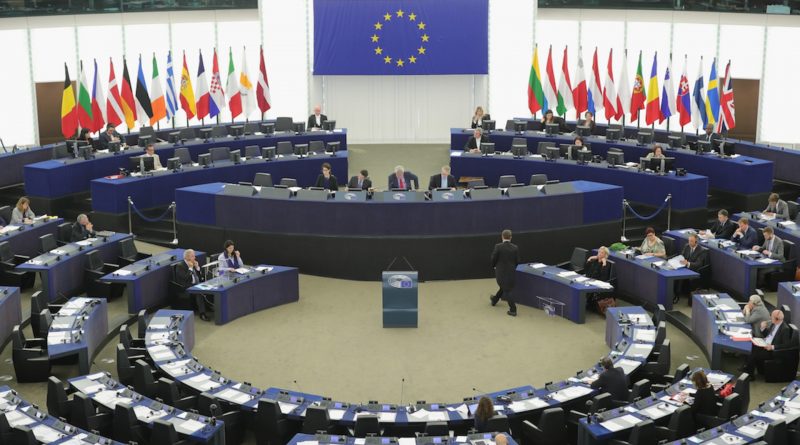CETA and Kyoto Protocol
CETA and Kyoto Protocol
The CETA (Comprehensive Economic and Trade Agreement) is a free trade agreement between Canada and the European Union, which came into force (albeit provisionally) on 21 September 2017; to date it is being ratified by EU states.
As an immediate effect, CETA will result in the elimination of most of the customs tariffs between the European Union and Canada (about 98% of the tariff barriers between the parties).
In addition to a set of rules established within the Treaty (such as mutual recognition of professions, adaptation to European copyright rules, protection of the mark of certain agricultural products and typical foodstuffs, etc.) CETA will result in a drastic worsening of CO2 emissions (for transport on long routes) especially of widely used agricultural products (wheat, legumes, etc.) and significant imbalances to the already difficult conditions of many small and medium-sized enterprises in both the agricultural and artisanal sectors.
Leaving aside, in this contribution, the deleterious effects on the fragile local economies, to understand in terms of emissions what this treaty means we make calculations: the average distance between Canada and the European Union is just under 6,500 Km; orbene to travel this distance for each Kg of agricultural product are consumed 3.73 kg of oil and 11.70 kg of CO2 are emitted into the atmosphere.
The reading of these figures, if ever there was a need, makes us understand once again not only the myopia of governments (in this case Canada and the European Union) but above all the failure of the treaties related to the Kyoto Protocol up to the Rio Conference on climate change (COP 21 or CMP 11) where on December 12, 2015 the 196 participating countries agreed, at the end of the conference and unanimously, a global agreement, called the Paris Agreement, to reduce emissions as part of the method for reduction of greenhouse gases.
The question is as follows: how can the CETA Treaty ever be ratified if it is in total disagreement with the agreement established and signed in Paris on 12 December 2015 (we repeat: unanimously) from all countries?
Has European and world politics become merely a pharisaic act of appearance without substance having more value?
It seems to me that questions like this require a serious answer but above all a concrete awareness of popular sovereignty (assuming that there is still).
Guido Bissanti

